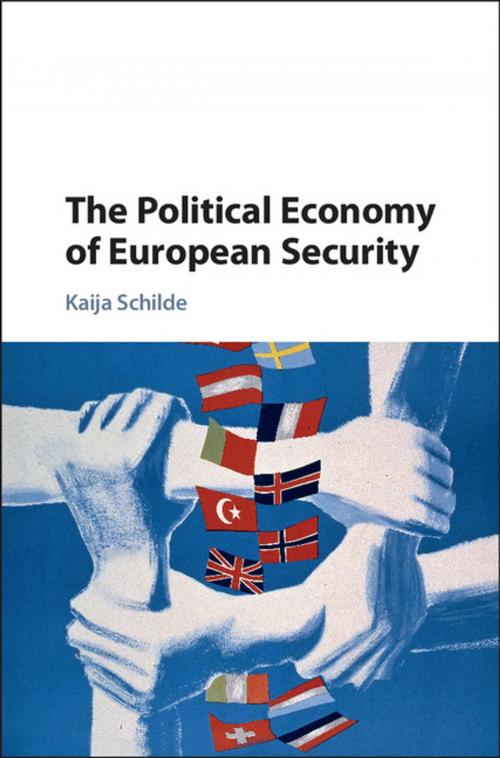The Political Economy of European Security
Nonfiction, Social & Cultural Studies, Political Science, Politics, History & Theory, Government| Author: | Kaija Schilde | ISBN: | 9781108187534 |
| Publisher: | Cambridge University Press | Publication: | September 14, 2017 |
| Imprint: | Cambridge University Press | Language: | English |
| Author: | Kaija Schilde |
| ISBN: | 9781108187534 |
| Publisher: | Cambridge University Press |
| Publication: | September 14, 2017 |
| Imprint: | Cambridge University Press |
| Language: | English |
What is the relationship between private actors and international institutions in global governance, as institutions such as the EU develop aspects of political authority once in the sole domain of nation states? Important areas of recent EU development have been immigration, security, and defense policies. Are these EU policies the result of strategic imperatives, or are they also driven by the political economy of markets? Kaija Schilde argues that answers require evaluating the EU in the comparative tradition of the political development of authority. Drawing on industry documents, interviews, interest group data, an original survey, and comparative political theory, The Political Economy of European Security demonstrates that interest groups can change the outcomes of developing political institutions because they provide sources of external capacity, which in turn can produce authority over time. In this way, the EU is like a developing state in its relationship with interest groups.
What is the relationship between private actors and international institutions in global governance, as institutions such as the EU develop aspects of political authority once in the sole domain of nation states? Important areas of recent EU development have been immigration, security, and defense policies. Are these EU policies the result of strategic imperatives, or are they also driven by the political economy of markets? Kaija Schilde argues that answers require evaluating the EU in the comparative tradition of the political development of authority. Drawing on industry documents, interviews, interest group data, an original survey, and comparative political theory, The Political Economy of European Security demonstrates that interest groups can change the outcomes of developing political institutions because they provide sources of external capacity, which in turn can produce authority over time. In this way, the EU is like a developing state in its relationship with interest groups.















